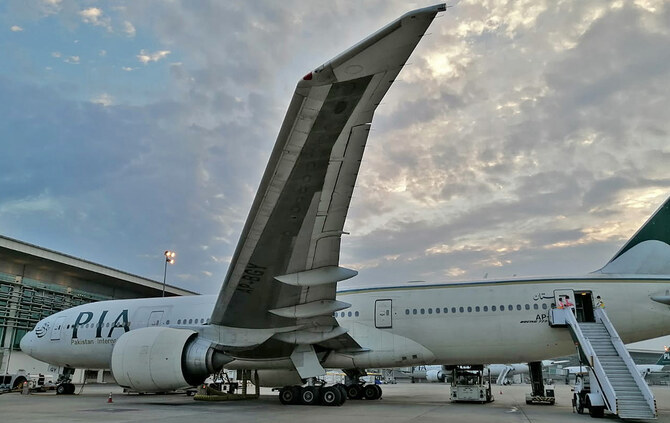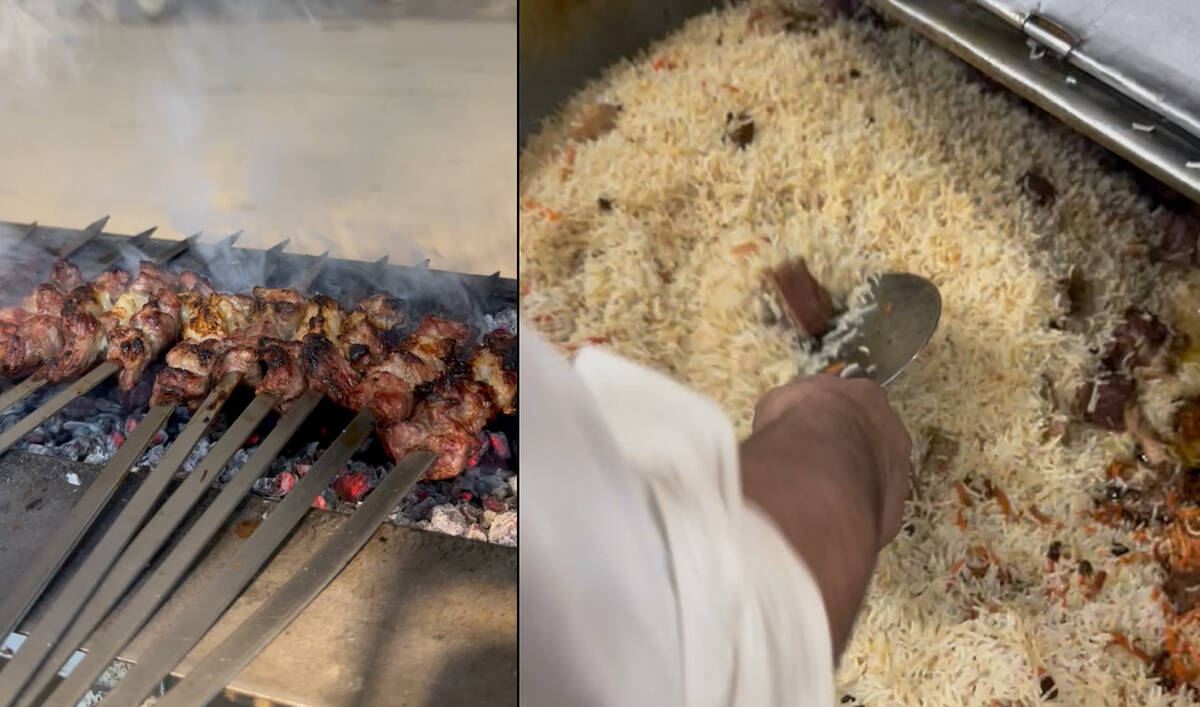ISLAMABAD: Pakistan’s privatization chief Abdul Aleem Khan on Monday defended a recent failed bid to sell loss-making national carrier, Pakistan International Airlines by comparing it to Air India, which was sold after multiple attempts.
Cash-strapped Pakistan was looking to offload a 51-100 percent stake in debt-ridden PIA to raise funds and reform state-owned enterprises as envisaged under a $7 billion International Monetary Fund program approved in September. The process, however, hit a snag last month when the final bidding round attracted just one bid of Rs10 billion ($36 million) for a 60 percent stake in the national flag carrier.
PIA’s existing liabilities stand at approximately Rs250 billion ($896 million).
“Khan compared PIA’s situation to Air India, which had undergone multiple failed privatization attempts before ultimately succeeding on its fifth attempt,” the privatization ministry said in a statement, quoting Khan’s remarks at a meeting of the Senate Standing Committee on Privatization on Monday.
“Khan expressed hope that Pakistan’s national airline could follow a similar path but underscored the need for thorough reforms.”
It took Prime Minister Narendra Modi’s administration more than four years to find a buyer for Air India in 2021. For a decade before that, the Indian government had spent about $15 billion of taxpayer money on the airline, famous for its Maharaja mascot.
The Pakistan government had pre-qualified six groups for PIA’s privatization process in June, but only real-estate development company Blue World City participated in the bidding process in October, placing a bid that was below the government-set minimum price of Rs85 billion ($304 million).
The disposal of PIA is a step former governments have steered away from, as it has been highly unpopular given the number of layoffs that would likely result from it.
Other concerns raised by potential bidders for the PIA stake included inconsistent government communication, unattractive terms and taxes on the sector, and the flag carrier’s legacy issues and reputation.
Khan also highlighted hurdles in the privatization process during Monday’s meeting, saying it would require a “fresh approach and big-hearted decisions.”
“The first consultant engaged for the task was deemed unsatisfactory, and a new consultant would be hired to help move the process forward,” Khan told the committee, adding that privatization could only take place if PIA’s financial and operational situation was “clean and attractive to potential buyers.”
“We need to ensure that PIA is clean and profitable before privatization can proceed. Without addressing these fundamental issues, investors will not show interest,” Khan said.
Losses running into billions of dollars in the power and gas sector, the main hole in the economy, were also discussed.
“The privatization process for the first three Discos [power distribution companies] is expected to be completed by January 31, 2025,” the statement said, with Khan acknowledging that privatizing Discos would be even more challenging than PIA.



















